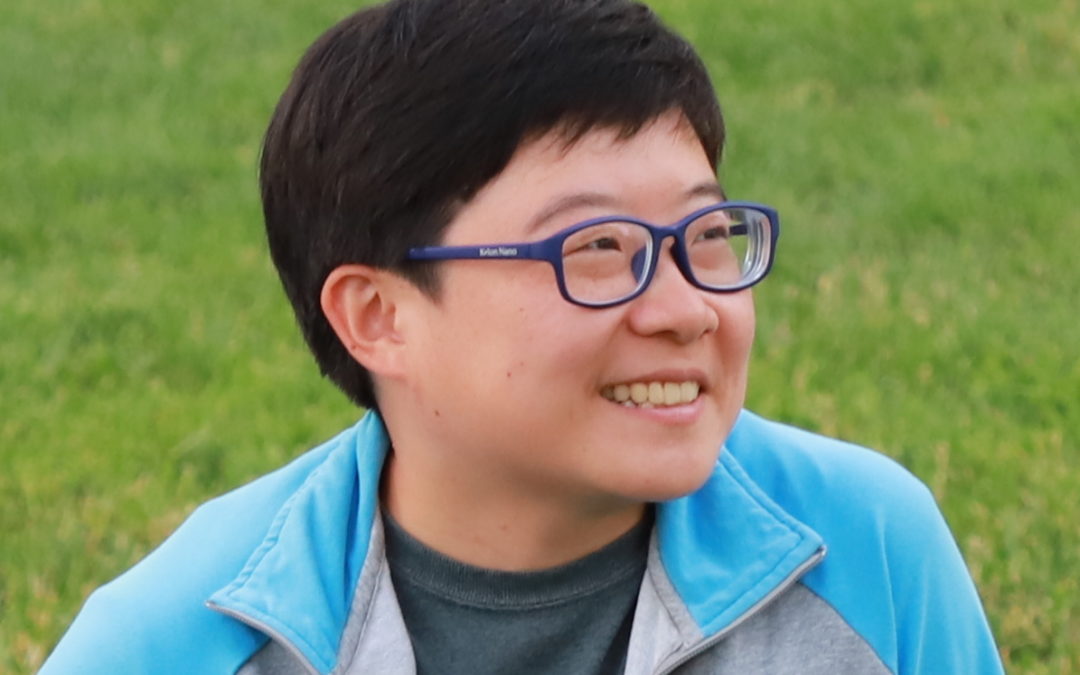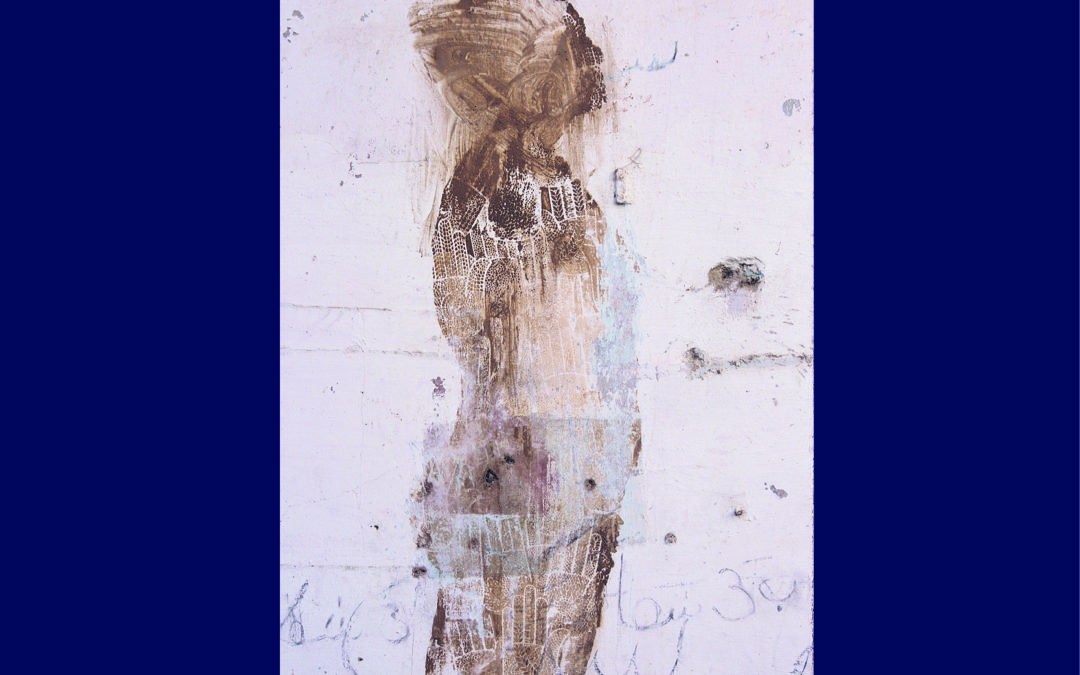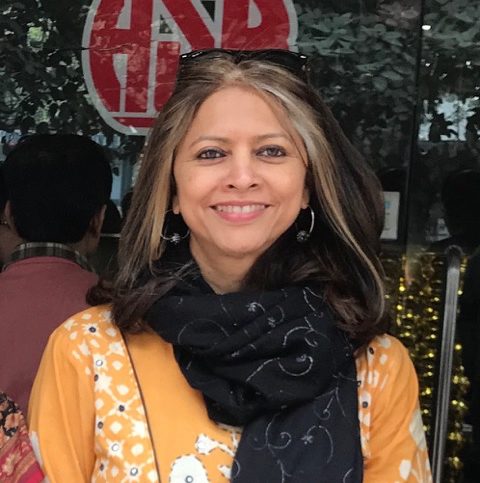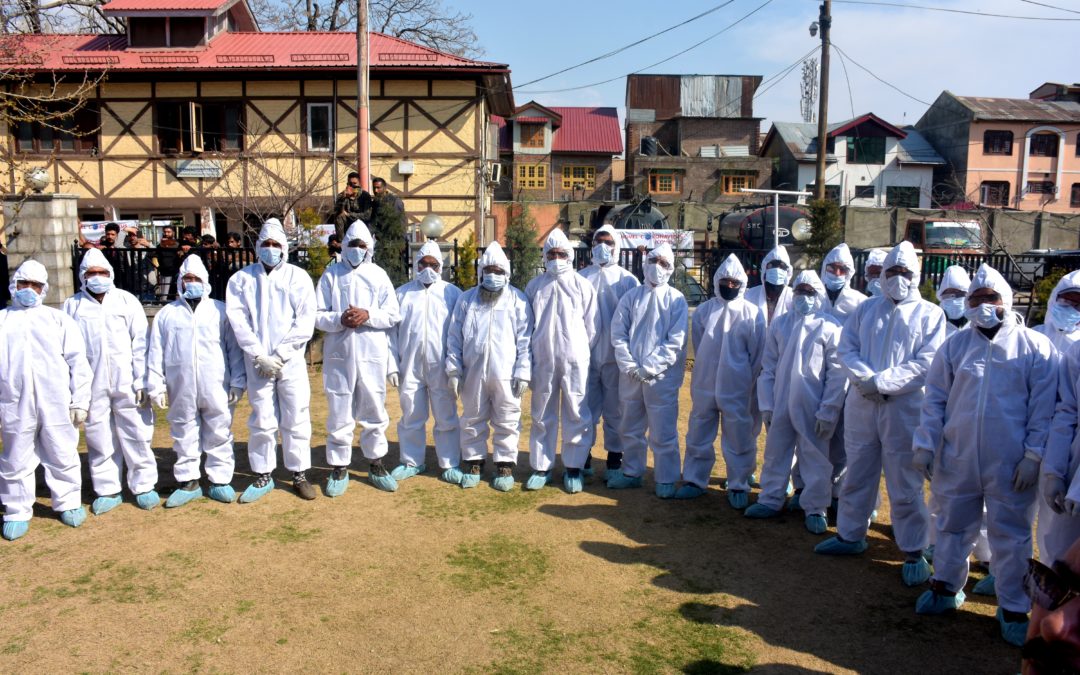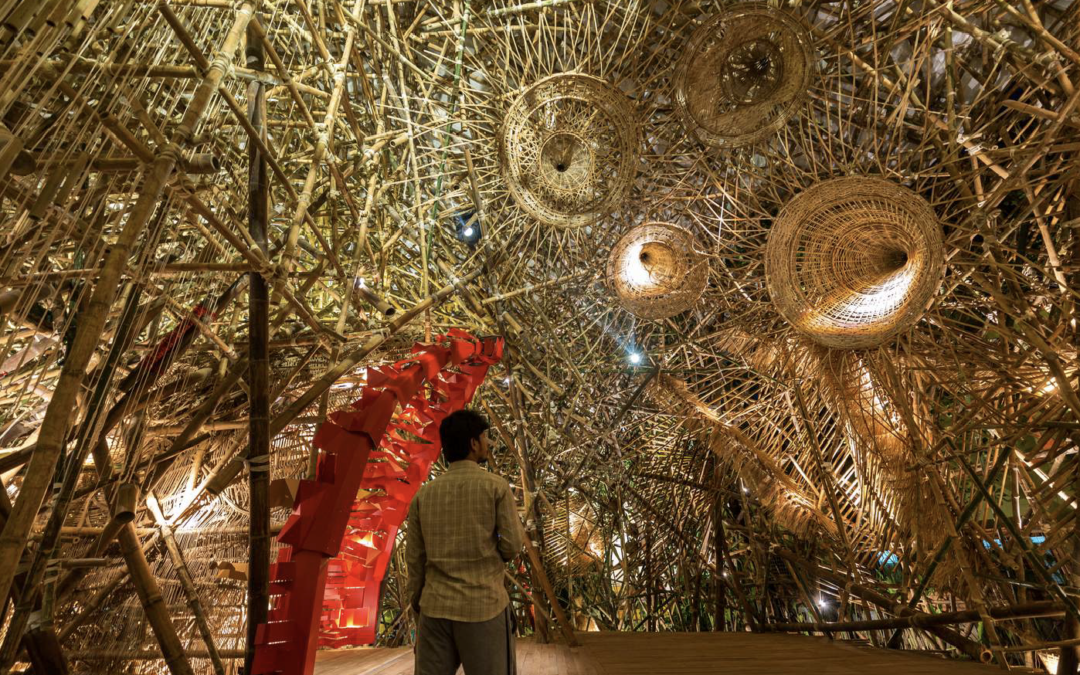Videos: COVID-19 in South Asia – A Practitioner’s Workshop

The Mittal Institute, with the support of the Harvard T.H. Chan School of Public Health and the Lancet Citizens’ Commission on Reimagining India’s Health System, organized a series of panel discussions by leading scientists and frontline clinicians on the latest evidence-based updates for COVID-19 care. Our goal through these talks is to assist with the management of COVID-19 and improvement of health outcomes in South Asia.




